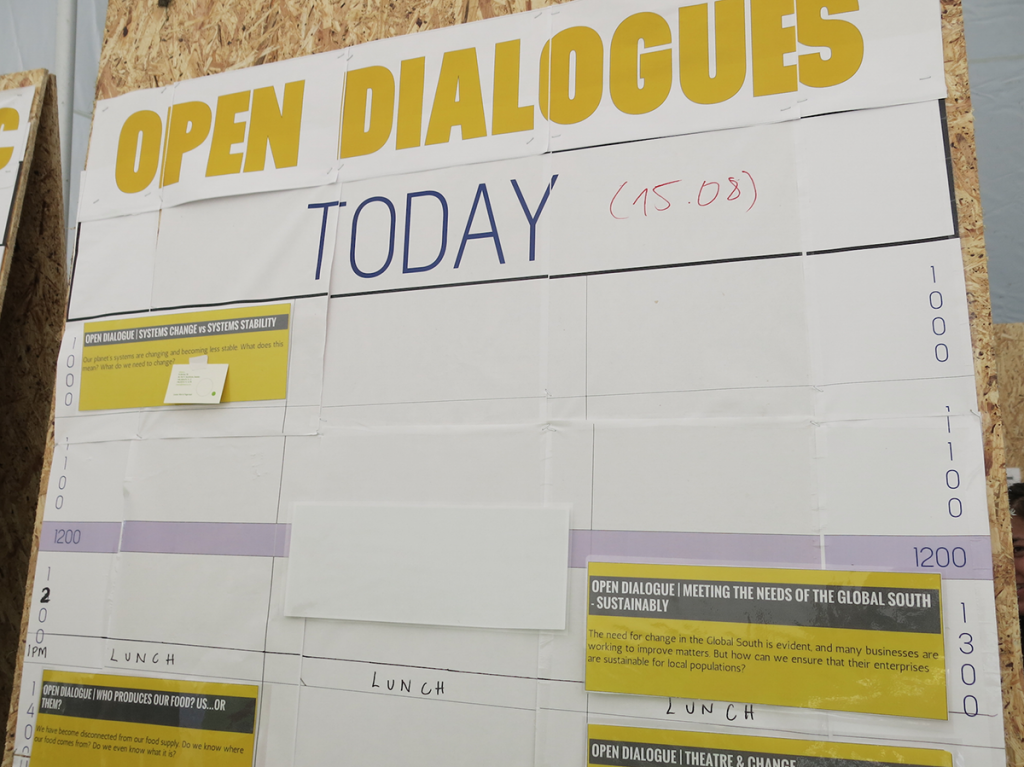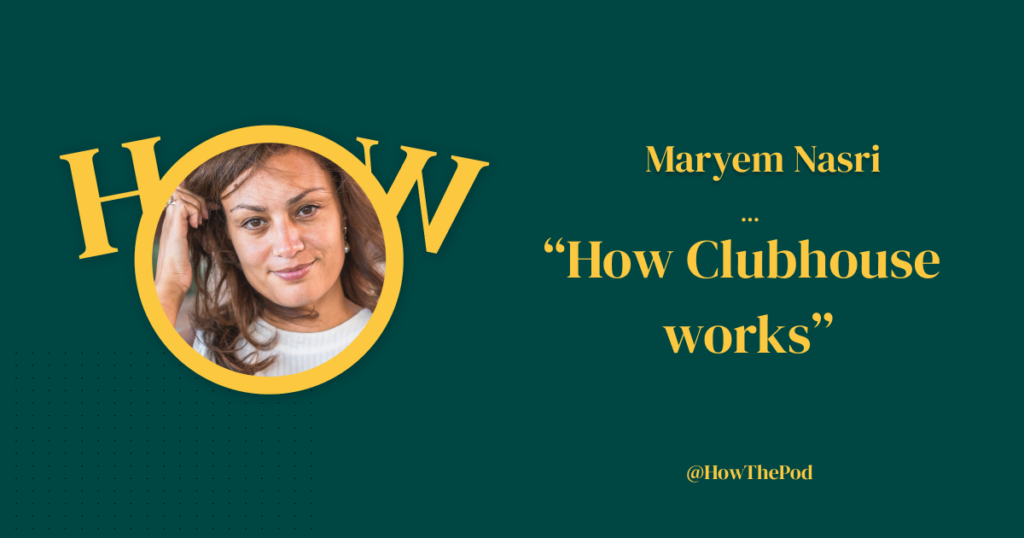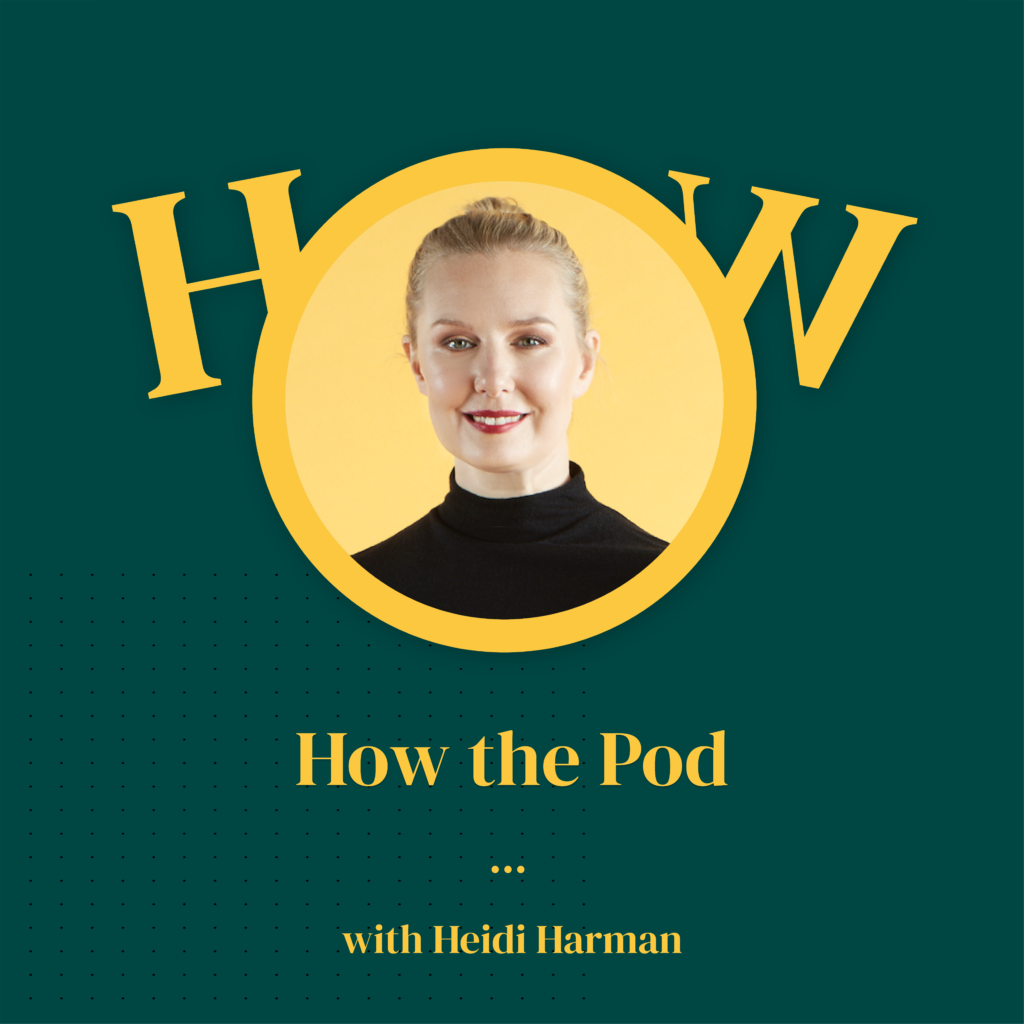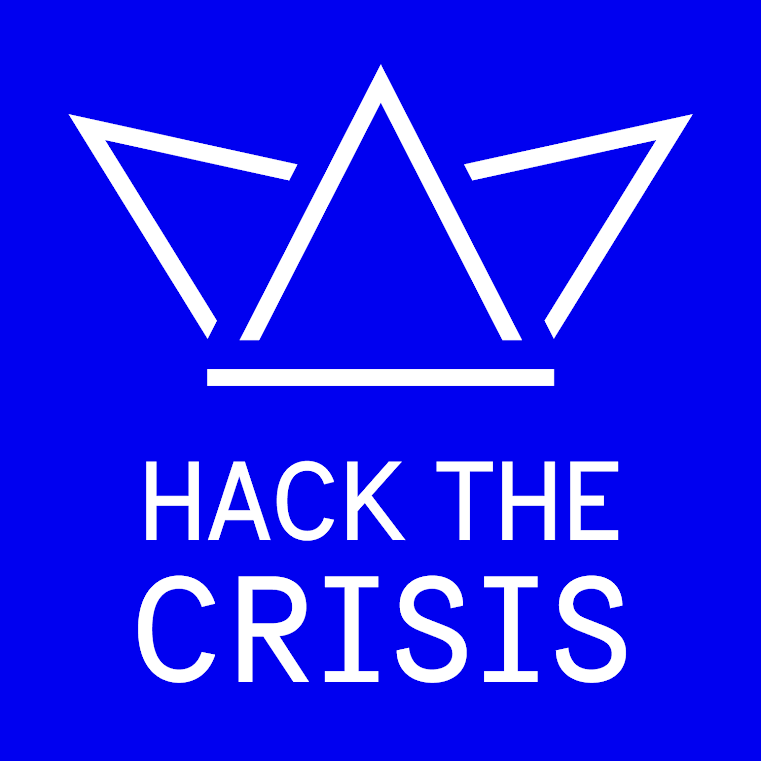
I spent a delightful second weekend of August speaking at Future Perfect, a festival for cross-disciplinary dialogue on sustainable future(s) located at the island of Grinda in the Stockholm archipelago. At the roundtable discussion I was invited to in the pre-dialogue, I was in with Therese Engstöm (Sime Non-Profit) Shawn Westcott (Impact Invest), Bill Peduto (Mayor of Pittsburgh), and John Manoochehri (Future Perfect’s founder) on how to build a sustainable growth region and thinking on what can be done for Pittsburgh to attract and maintain talent.
My suggestions were as follows in an extended version:
• Coding is the new literacy (enabling).
Adapt code as a language in school from class 1. Everyone should have the chance to learn the very basic functions of a practical (coding) language, a knowledge need for whatever you pursue later in life. Everything will have elements being built and created by code, just look and think of the internet of things, and of the things you use daily; they all contain tech. Everyone should be given the privilege to have the choice to pursue coding as a language.
Even though there are brilliant initiatives such as Kiddshackday.com it’s still a private initiative that (only) benefits the children with enthusiastic parents. On the national level of every country the government should step in and make sure that every kid has the possibility to learn, as we don’t know where the next Einstein will come from – a privileged area or not. Conclusion: coding is the new literacy for the decades to come.
The US GeekGirlMeetup is looking froward to do a joint venture GeekGirlMeetup event in Pittsburgh later this year or in the following spring.
• Involving everyone – (diversity involvement on grassroots levels)
To maintain a nation’s innovation strength that leads to growth, we need to have a diverse uptake of ideas. Having women’s ideas being a contributor to the industry is of crucial importance. Increasing the numbers of women working within tech, development and entrepreneurial roles (the STEM area) is first and foremost accomplished by elevating role-models that already exist. There is of course no easy fix, or a single answer on how to go about it, but rather a collaborative effort over boundaries of education leadership, governmental efforts, and non-profit and private actors.
I was once told that a culture takes 30 years to change. It seems clear to me that if we are dependent on this change to happen, and we really want results, we need to commit and take the challenge into a long term perspective.
Why coding is so important that it should be seen as a school subject like a language, is for inclusion of everyone, like stated in the paragraph above, involving kids from all areas of a city, and including women – especially women.
• The UI of Growth – citizen (user) involvement
As a UI/UX-designer my job is to think about people’s behavior and about how to make people feel smart. When people ask me what that means I try to describe to people that when they are using their ____ (insert internet service of choice) and they get angry or confused because they don’t understand what to do, then I have failed in my profession. When a service works seamlessly and makes you feel like it’s a piece of cake, then I’ve done a good job as an interaction designer or user experience designer.
If we are to apply the same thinking to our surroundings: in a society the users are called citizens, and social-innovation is the impact that we’re looking for instead of a fancy new site or app. If the user or citizen is to be empowered, the result is benefits that all citizens can use.
When technology provides an arena (previously less accessible due to cost or availability) to act and create possibilities where feedback loops between government and citizens exist this opens up for an amazing dialogue.
That’s how politicians/governments have the possibility to think too: “How can we make this easier for people to live amazing lives, build growth businesses, and create sustainable and growth regions, and live happy and healthy lives”.
Due to having lived in many countries where systems function differently and with different perks and quirks, I have learned to see that there are no perfect systems. However, there exist smooth ways to including citizens in social innovation, for example Sweden has Vinnova (Sweden’s innovation Agency) similar to the UK’s NESTA who are both governmental organs supporting the nations to include and make it possible for entrepreneurs and organizations to innovate. Spending time in the US, this works a bit differently as the private sector often pushes money into the innovation sector. But we need to remember that the base of Silicon Valley was not built on only private investors’ investment. Silicon Valley was supported by the government in the early 1950s as the US was racing Russia to the moon with great enthusiasm for the future. I’m not quite sure where that went; do we need an enemy to keep up our enthusiasm? (If you haven’t read Peter Thiel’s excellent book “From Zero to One” that is out in September, pre-order a copy here. Thank you Dinelle for the gift!).
“What we know Silicon Valley to be today, a land of startups didn’t just magically appear out of no where, the region has had so much money pushed in to it, beyond belief.”
– Paula Graham, Flossie. (This quote was picked up at a talk we both did at G.Hack Thursdays Club at Goldsmith University, London)
Setting up an innovation and co-creation process starts with including a wide variety of people representing society and anyone who wants to participate in the value chain. When many have a possibility to participate, we create a society where citizens take responsibility as they know that they can impact their everyday life and surroundings.
PhD Eric von Hippel describes this well in his book “Democratizing Innovation” even if from a more commercial perspective. It all starts by understanding the user and that starts with a communication unafraid of being wrong and with out accusation towards any of the parties. It starts with an open dialogue, where both parties are trying to understand the expert user and their aim for making thing better and discovering how to do this together.
What I take with me from the event where Future Perfect set the frame for creating an arena (both in smaller pro-dialogues and open dialogues) for dialogue on future sustainability very well during is that it doesn’t start from one actor in only the environment or the government. It takes strong leaders unafraid to collaborate who are unafraid of potentially being wrong, looking beyond failures and quick wins for new answers and possibilities who are yet unknown to us. It should be possible, after all, we have sent people to the moon.
(Please note, I’m trilingual if not more, however, Im not a native english speaker. Excuse any blurs.)
Related:
• Peter Thiel’s excellent book “From Zero to One” that is out in September, pre-order a copy here)
• Eric von Hippel’s book “Democratising Innovation”. A free PDF of it from MIT.







